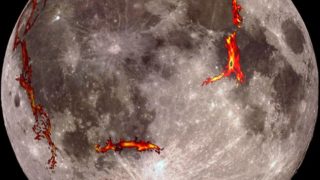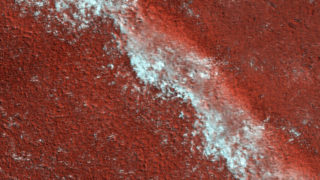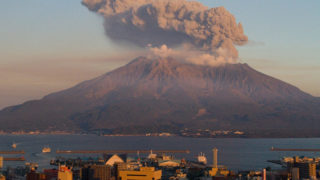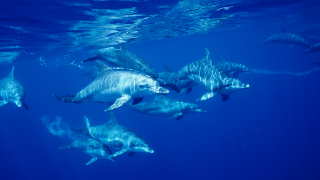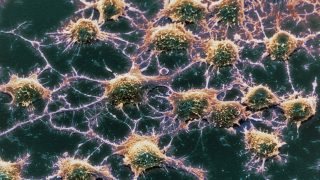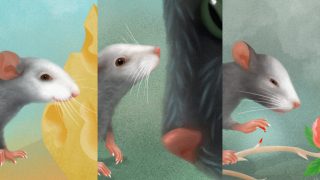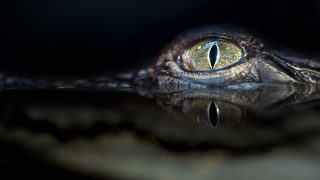
MI weekly selection #376
Puhahonu shield volcano is Earth’s biggest Scientists say new research shows the Puhahonu volcano, which is about 1,100 kilometers northwest of Honolulu in the Pacific Ocean and contains about 150,000 cubic kilometers of rock, is the world’s largest shield volcano. About a third of it rises above the seafloor, while the rest is buried under […]
